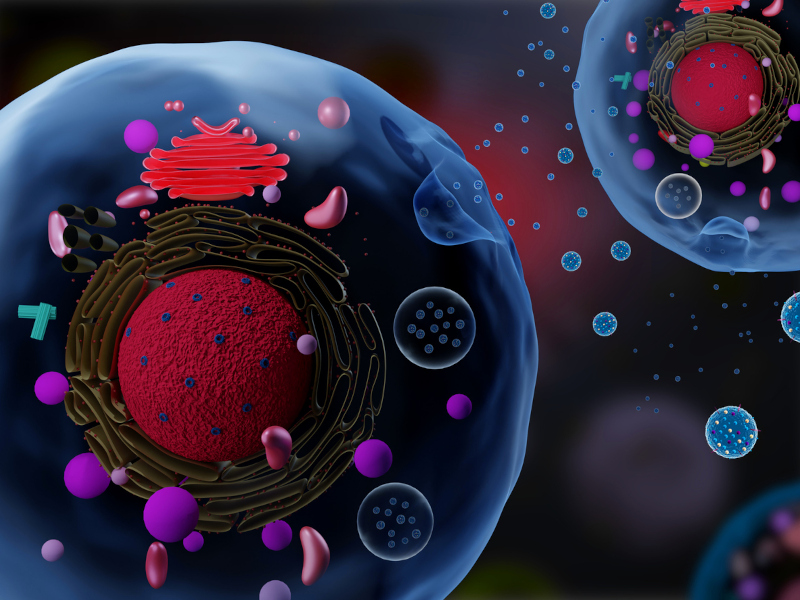Biography
Dolores Di Vizio is a molecular pathologist, and a molecular and cell biologist, with 20 years of experience on urological cancer. Currently she is a Professor at Cedars-Sinai Medical Center. She published over 115 peer-reviewed manuscripts, including in high impact journals (Cancer Cell, Cell, Cancer Research, Nat Med, Nat Cell Biol,) and made important contributions to cancer research in a number of areas. Her work has been cited over 16,000 times and her H-index is 56. The Di Vizio lab is funded by the NIH and the DoD including by a NIH/NCI program for rigor and reproducibility in extracellular vesicle research to identify circulating biomarkers of cancer. One of the main effort in the lab is to develop new methodologies based on identification and characterization of heterogenous populations of cancer-derived extracellular vesicles in the plasma of patients with cancer. She serves as senior board member of the International Society of Extracellular Vesicles (ISEV) and is an associate editor for the Journal of Extracellular Vesicles.
Talk
Development of Liquid Biopsy Platforms Using Cancer-Derived Extracellular Vesicles
Cancer cell-derived Extracellular Vesicles (EVs) are attractive candidates for liquid biopsy because they contain protein, RNA, DNA, lipids and metabolites, including molecules that are functionally relevant to cancer progression or that are involved in therapeutic response. New approaches are being implemented combining new technologies with gold standard methodologies for EV purification and characterization.
Session Abstract – PMWC 2022 Silicon Valley
Exosomes, small extracellular vesicles which play a critical role in various physiological and pathological processes, are secreted by multivesicular bodies through exocytosis and can be detected in many bodily fluids, including blood, saliva, and amniotic fluid. Due to their relative abundance, they provide an attractive opportunity as markers in various medical areas including oncology, neurology, nephrology, cardiology, autoimmune disease and pregnancy. This session evaluates the current progress in evaluating exosomes for liquid biopsy-based testing and the potential for clinical applications.









